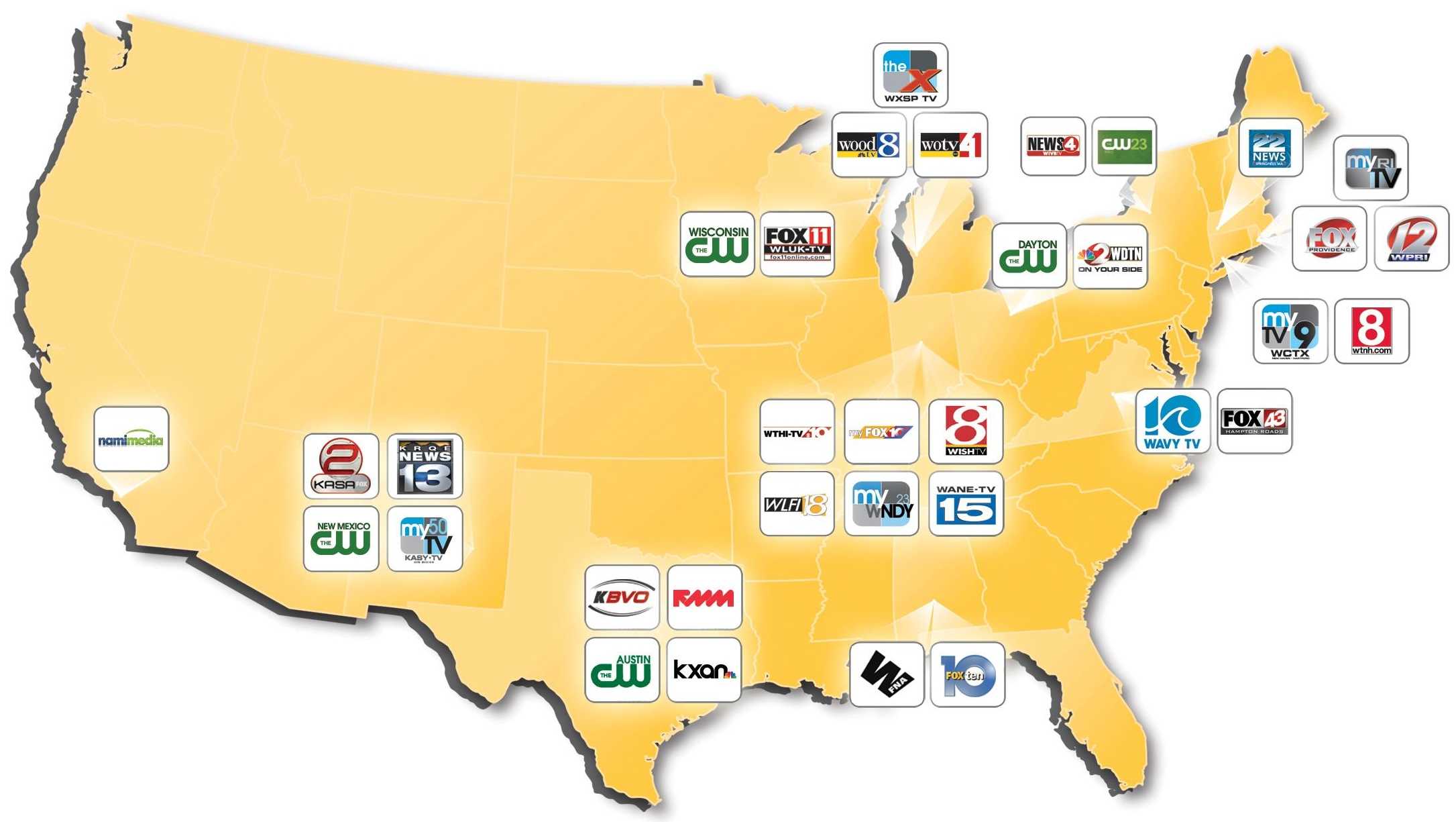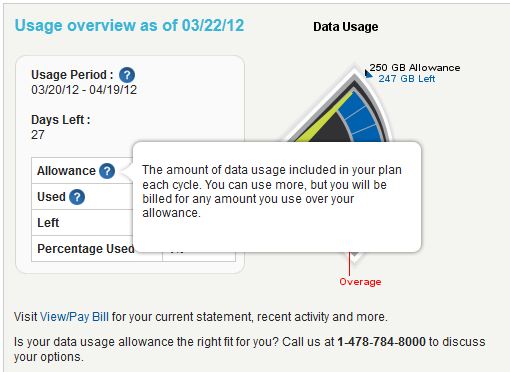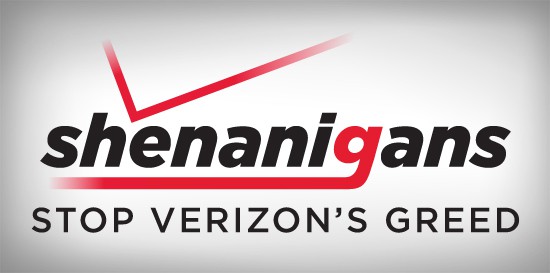 In late February, LIN Television, owner of Norfolk’s NBC affiliate WAVY and Hampton Roads’ Fox station WVBT was engaged in a high profile battle with Cox Cable over retransmission consent fees — the price the cable company pays to put over the air broadcast stations on the cable dial. While neither side would say exactly how much money was involved, Cox Cable customers will foot the bill starting April 2nd, when the Virginia cable operator raises rates up to 18.3% for basic cable — the fourth rate hike since 2009 and the second in 10 months.
In late February, LIN Television, owner of Norfolk’s NBC affiliate WAVY and Hampton Roads’ Fox station WVBT was engaged in a high profile battle with Cox Cable over retransmission consent fees — the price the cable company pays to put over the air broadcast stations on the cable dial. While neither side would say exactly how much money was involved, Cox Cable customers will foot the bill starting April 2nd, when the Virginia cable operator raises rates up to 18.3% for basic cable — the fourth rate hike since 2009 and the second in 10 months.
- TV Starter (broadcast basic + a handful of basic cable networks) up 18.3% — was $18, now $21.30
- TV Essential (local stations + 40 popular basic cable networks) up 5.5% — was $59.99, now $63.29
- Digital set top box rental up $1 to $6.99
- Cox Internet Essential (3Mbps) up 16% — was $24.99, now $28.99
Cox officials blamed the rate increases on the cost of programming, notably for local stations.
“Programming costs are rising much faster than the rate of inflation,” Felicia Blow, a Cox spokeswoman, wrote in an email to the Virginian Pilot. “While we absorb much of the increase incurred […] we must pass on a portion of the increases to our customers.”
Local broadcasters across the country are aggressively pursuing retransmission consent fees as the traditional advertising model for free, over the air television, has been challenged by the soft economy and poor ad sales. Parent companies that own clusters of local stations also see the fees as a lucrative new revenue stream for themselves and their investors.
Over the past decade, Cox generally has raised its prices about once a year, notes the Virginian Pilot. The company began speeding up the timetable in 2010. With the latest change coming in April, Cox will have boosted rates for at least some parts of its service – particularly the cost of its most popular package – four times since November 2009. Approximately 90 percent of 416,000 Hampton Roads-area Cox customers will be paying more for cable service this spring as a result.
[flv width=”360″ height=”290″]http://www.phillipdampier.com/video/WAVY Norfolk Attention COX Communications Subscribers 2-29-12.mp4[/flv]
WAVY in February reported on its parent company’s battle with Cox Cable in this self-serving story aired on its evening newscast. (3 minutes)


 Subscribe
Subscribe

 Our good friends at Broadband Reports
Our good friends at Broadband Reports 




